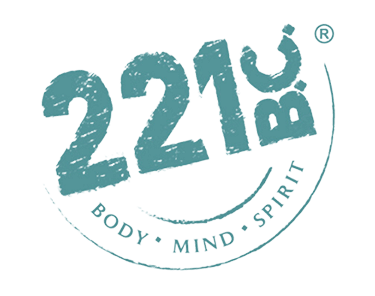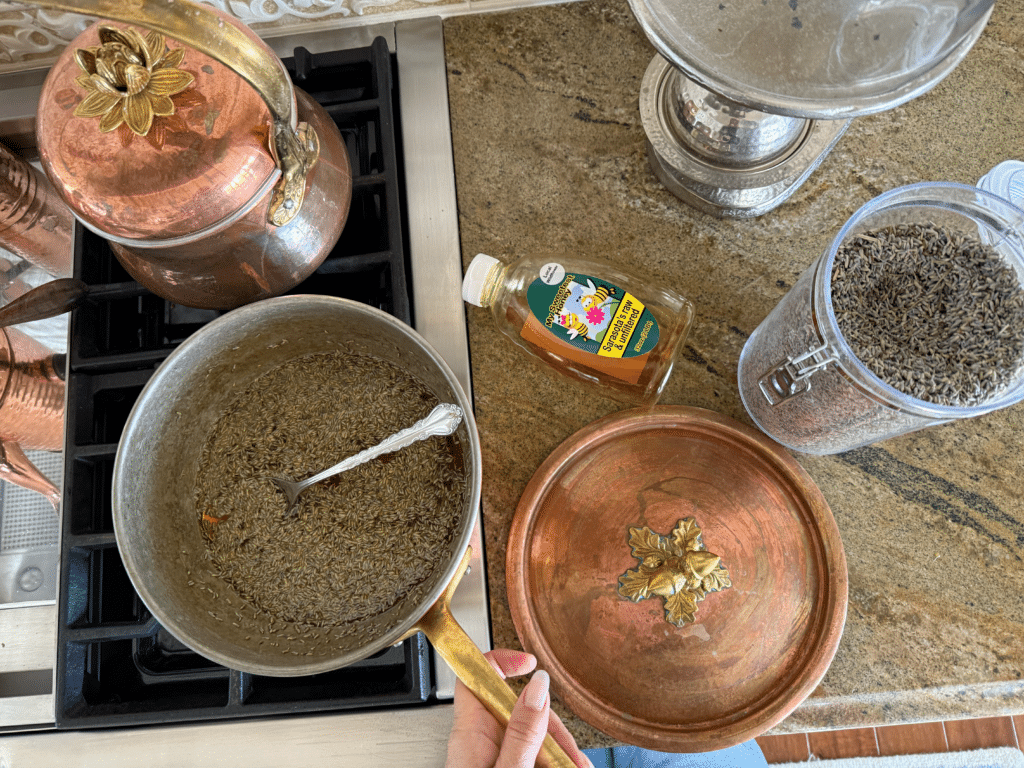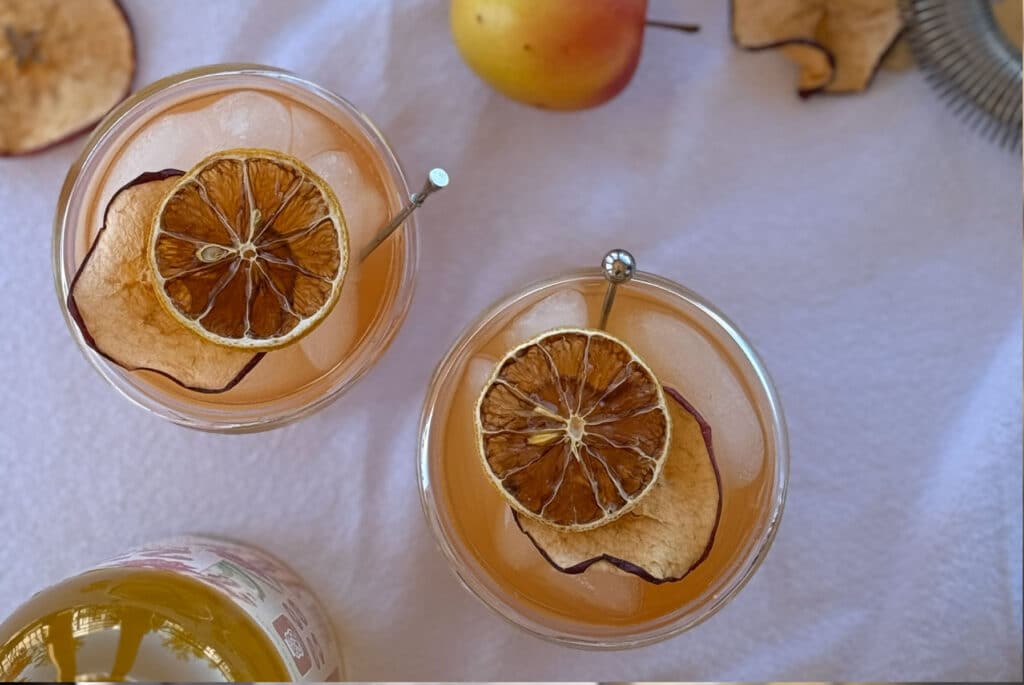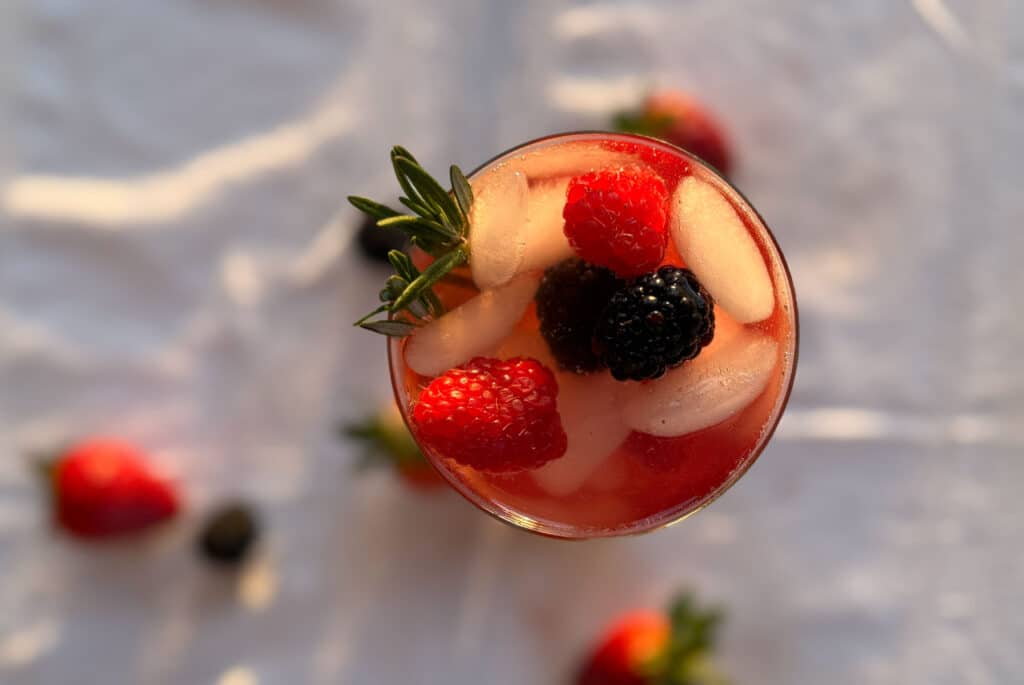There is a peculiar kind of forgetting that doesn’t happen overnight. It’s slow, almost imperceptible at first. One generation loses a recipe. Another skips the garden. Then, before we know it, an entire culture no longer remembers how to feed itself. I call this real food Alzheimer’s—a kind of historical amnesia that has quietly rewritten everything we once knew about nourishment.
For millennia, food was sacred. It wasn’t just fuel—it was medicine. Families grew herbs not as hobbies, but as part of their healing pantry. They had leaves for the liver, roots for resilience, and blossoms to calm the nerves. They knew what to sip when the seasons shifted, what to cook when the body needed warmth, and how to ferment when food needed to last. This knowledge wasn’t niche—it was the norm.
In biblical times, people ate what the earth yielded: seeds, fruits, herbs, grains, oils, clean meats, and fermented drinks like young wines, vinegars, or kombucha. The Book of Genesis doesn’t open with a laboratory—it begins with a garden. It is a divine blueprint, written not in clinical terms but in soil and seasons.
And yet, somehow, we were convinced to forget.
We abandoned the wisdom of slow cooking and the healing rhythm of fermentation. Instead, we were sold formulas—processed powders and shrink-wrapped solutions—under the illusion that science could outthink nature. It’s not that innovation is evil. But when it displaces ancient truths that guided humanity for millennia, rather than honoring them, something sacred is lost.
What replaced our food traditions was more than just industrialization—I like to call it: nutritional reductionism. A bite became a number. A meal became a macronutrient chart. Suddenly, fat was the enemy, then sugar, then carbs. We weren’t taught how to eat—we were taught what to fear. We stopped asking “Is this food whole, alive, and given by God?” and started asking “How many grams?”
And yet, despite all this progress—this “food science revolution”—we seem to be sicker than ever. Chronic illness, inflammation, fatigue, digestive distress, autoimmune conditions… they’re all rising. Could this be the fruit of turning away from real food? We replaced nourishment with novelty, and the price could be our well-being.
The grocery store shelves are filled with products designed in labs, not kitchens. Many promise nourishment and health, yet leave us hungrier than ever, not just for nutrients, but for connection, meaning, and trust.
Real food—food that grows, ferments, nourishes, and heals—doesn’t need a marketing campaign. It just needs memory. It needs grandmothers passing down recipes, families gathered around the table, and communities reconnecting with the old ways. It needs us to remember that health was never about control, but communion—with nature, with each other, and with the Creator.
The Bible doesn’t just tell us what to eat—it reminds us why. “He causes the grass to grow for the cattle, and herbs for the service of man: that he may bring forth food out of the earth” (Psalm 104:14). These were not empty metaphors. They were instructions—loving ones—on how to live well, long before food became a commodity.
The good news? What was forgotten can be remembered.
We are not too far gone. Across kitchens, gardens, and small fermenting companies like mine, a quiet rebellion is stirring. People are once again slow-cooking their broth, pickling their radishes, steeping their herbs, brewing their kombucha—not as a trend, but as a return. A return to flavor. A return to real nourishment. A return to truth.
Let us be the generation that wakes up from the fog. That honors both memory and body. That chooses real food, not because it’s trendy, but because it’s timeless.
Aneta is the founder of Kombucha 221BC, a small-batch fermentary dedicated to reviving ancient wellness through traditionally fermented kombucha, kefir, and herbalism.
“I wrote this because I believe we’re all craving more than just food—we’re craving wisdom, truth, and connection. Let’s remember together.”









